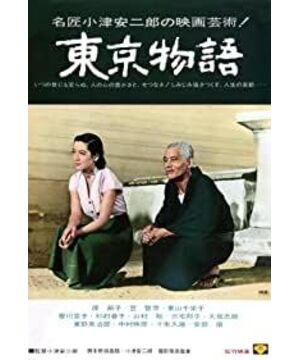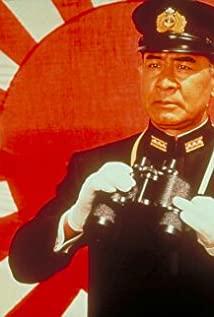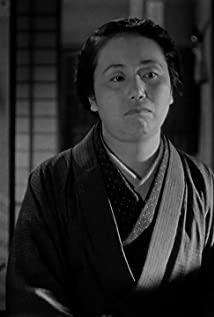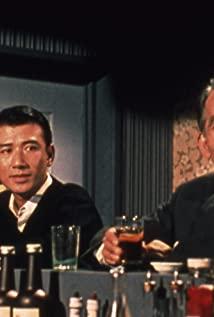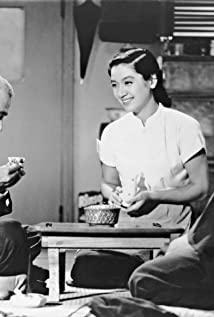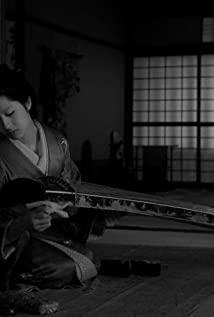At the beginning of the film, some of the most mundane life fragments let us see how children and daughters care about each other. How much to pay for the parents, how to use the kind concubine to fulfill the responsibility that should be borne by oneself. At the end, the daughter Shigeru asks her sister Kyoko for the only precious costume left by her mother. These calculations, which occurred at the time of reunion after a long absence and separation of life and death, make people feel chilled, but they have to be overwhelmed by the director's ingenuity.
This is the first Ozu movie I've seen, and I have to say, he's sharp and brutal. A few short words from parents and a few trivial stories, but they dissect the selfishness of human nature incisively and vividly, which makes people have to ask themselves: After hearing that his mother was dying, he didn't think about how to save his mother's life first, but whether he should prepare a set of Xiaofu's daughter, isn't she herself? That parent finally came to visit him, but he was unwilling to put down his work for a little while to accompany their son, wasn't he? Also, is that daughter who just complains blindly and doesn't care about her father when her father is drunk, isn't she herself?
Of course, we all want to confidently say, this is not me, this is a movie! But is it really like this? Is it really possible to be so arrogant?
I think Noriko is right, when we have our own lives, we no longer have time to care about others, even our own parents. However, why did the gentle and kind Noriko choose to pay?
Noriko was the former daughter-in-law of the Hirayama family. Since the son who did not leave any children had passed away for 8 years, the daughter-in-law who did not live together was naturally an outsider. But it was this outsider who lived alone and lived in an apartment building with a shared kitchen who gave his mother the last warmth. If it weren't for the short two days with Noriko, the parents' trip to Tokyo would have left nothing but desolation.
It was this widowed Noriko who gave her father a touch of warmth of life. After that, even when he was lonely and lonely, his father would remember that there was still a Noriko to be comforted by.
Yes, even the most reasonable father had to say at the end that the audience had already kept it in their hearts for two hours. Even his own children are not as filial as outsiders Noriko!
However, such a kind Noriko is a lost person in life. She doesn't have a complete family like her sister-in-law and sister Fan. The wine glasses that the guests visit have to be borrowed from the neighbors, which shows how cold Kiko is on weekdays.
Noriko, who is so devoted to love and righteousness, did not get all the best things that life should give her, how could people not feel helpless.
Can the qualities of kindness, loyalty, and beauty really bring happiness to people? I suspect……
View more about Tokyo Story reviews


